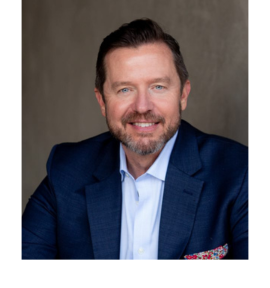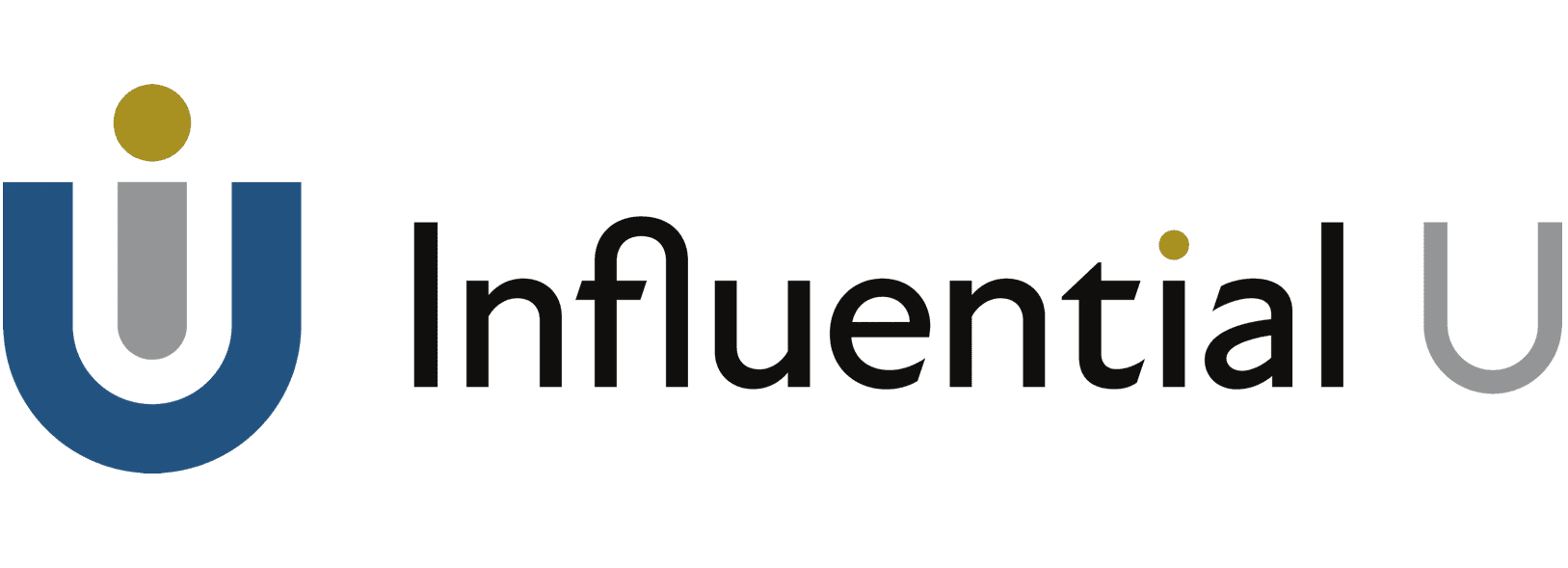Most millionaire households do not have the extravagant lifestyles that most people would assume. Rather than surrendering their income to luxury goods or status items, they live below their means and devote their time to continued study, nurturing relationships, and self-improvement.
Boredom Begets Surplus
You may not enjoy this article. Rather than exciting, you may find it, well, boring. However, for those who heed our suggestion, you might, in fact, discover surplus.
If you read The Millionaire Next Door: The Surprising Secrets of America’s Wealthy by Thomas J. Stanley and William D. Danko’s research shows that most of the millionaire households they profiled did not have the extravagant lifestyles that most people would assume; while, aspiring millionaires are more likely to devote their income to luxury goods or status items, thus neglecting savings and investments.
This finding is backed up by surveys indicating how little these millionaire households have spent on such things as cars, watches, clothing, and other luxury products/services. Most importantly, the book gives a list of reasons why these people managed to accumulate so much wealth (the top one being that “They live below their means”).
Well, that does sound boring (but certain, free, consistent, and secure).
Here are the author’s top insights:
- Live Below Your Means, Save Regularly, and Invest Wisely
- Save, Don’t Spend
- Income Versus Wealth (net worth)
- Is Budget Conscious and Sets Long-Term Goals
- Identifies Market Opportunities and Chooses the Right Profession
- Tends to Avoid Spending Money on Economic Outpatient Care
The Millionaire Next Door Summary
While this article (and the book) does address financial surplus, we want to direct our attention to surplus in many Conditions of Life [1]. For example, we do not advocate monetary surplus at the cost of your health or relationships. Whole-life satisfaction requires that we address satisfaction (and surplus) across the totality of the 15 Conditions of Life.
Gateway Concerns
Some people focus solely on one Condition of Life at the cost of others. These are Conditions that are naively seen as a gateway to all others. While it is common for the gateway concern to be money, it could also be relationship, career, or any other condition. In addition, it is rare to see a surplus in one condition while other conditions are dismissed or threatened.
We advise whole-life satisfaction for long-term fulfillment. In fact, satisfaction in many of the Conditions of Life lays the foundation for maintaining sustainable surplus.
Why Befriend Boredom?
Imagine losing 20 pounds. Our clothes fit better, we feel more confident, our vitality is rocketing. Now it is time for the rarely accomplished feat of maintenance. Why is it rarely accomplished? First, if we’ve figured out how to gain or lose weight, maintaining it is a new problem. Second, the excitement wanes and we mess with our success, so we’ve got a familiar problem to fix: losing weight. We befriend the problem rather than making peace with boredom.
Similarly, we befriend our familiar problems. These companion hurdles seem to accompany us throughout our lives. What might we do without them tagging along?
We’ve rarely created transactions or environments for the boredom of maintenance or the boredom of surplus.
Boredom: A New Problem to Befriend
We advise looking beyond the accomplishment of losing weight or making a pile of cash. Instead, the primary aim is to maintain a surplus in each Condition of Life.
With that context in mind, what might it look like to plan for the long-term maintenance of a surplus of money? How about relationship or career?
Take empty-nesting, for example. Many couples struggle to overcome life beyond the child-raising years. It seems the immediate problem of preparing a life for one’s children may leave the couple ill-prepared for the boredom of what comes after.
What are our Aims in Surplus?
Perhaps we only aim to accomplish a goal vs aim to live with it long-term. In this context, is there a new wrinkle on the articulation of our aims? Perhaps we can revise them with this in mind.
Inventory Our Surplus Aims
For each Condition of Life below, state your life-long aims in seven words or less as Surplus Aims (after the goal accomplishment).
- Health
- Activity
- Knowing
- Relationship
- Career
- Sociality
- Money
- Ethics
- Education
- Fitness
- Aesthetics
- Environment
- Politics
- Legacy
- Self-Actualization/Spirituality
Investing in Continued Study and Self-improvement
Sometimes it’s best to invest in yourself, your human capital (vs other financial investments). Why?
Your human capital is your ability to go out into the marketplace and be compensated more (or be compensated the same within a shorter time or with less labor). Financial advisors don’t talk about this too often; however, being better at what you do (skill, specialty, etc.) creates a greater return than any other financial instrument. The greatest asset on your balance sheet isn’t your home or stock portfolio, it is YOU.
Your capacity to increase the amount of income you produce each year accelerates your ability to build a surplus. If you make 15% more income this year, that amount compounded over time makes a massive difference to your balance sheet. What if you could make 15%-20% more income each year for the next 10 years? If you compare this to some of your investments, you’ll see how education might be the winner.
Education helps you get there faster with less friction or dysfunction. For all of our Fundamentals of Transaction Program participants from 2009 through 2021, the average personal income (during that first six months of participation) was 46.6% more than anticipated. In addition to tracking income increases, participants target and track one health aim (weight loss, fitness activity, etc.) and one money aim (debt reduction, savings, etc.). In the first six months, students met 90.1% of their target for health goals and 103.1% of their target for money goals. The average financial investment return is 305.9%. Read about Results and Impact.
These income increases continue into our advanced programs.
Study and Practice are not Much Fun
This is why most people don’t do it.
We hope you’re not most people.

AUTHOR
John Patterson
Co-founder and CEO
INFLUENTIAL U
John Patterson co-founded and manages the faculty and consultants of Influential U global. Since 1987, he has led workshops, programs, and conferences for over 100k people in diverse professions, industries, and cultures. His history includes corporate curriculum design focusing on business ecosystems, influence, leadership, and high-performance training and development.
[1] Condition of Life – is an inescapable and unavoidable condition, situation, or circumstance that adults must tend to in order to live a happy life.
One can ignore these 15 conditions (listed above), but ignoring them doesn’t mean they don’t exist. Not to mention that some conditions become more or less important or relevant as a human being progresses through life. We go even further to suggest that if the most fundamental of these conditions is left unattended, the consequences produce a life of difficulty and hardship.
Our four-year curriculum is designed to guide you through the study of the Conditions of Life™ in their totality.



